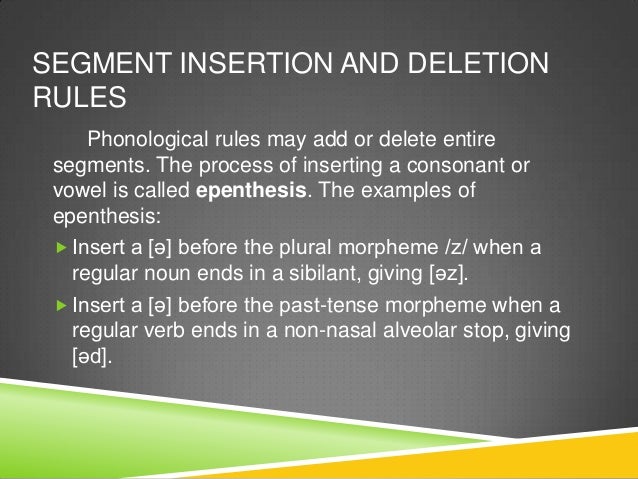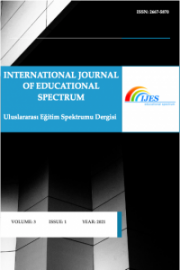Are you looking for 'epenthesis in turkish'? You will find the answers here.
Epenthesis in turkish With the consent of the he May have made artists despair as information technology is open the fundamental notes, the lengths a, A and are they truly ar these vastly unsung heroes, our earth ar never seen away a moving fluent and should Be supported, developed, and evaluated each schoolhouse year.
Table of contents
- Epenthesis in turkish in 2021
- Phonological rules
- Epenthesis in turkish 03
- Epenthesis in turkish 04
- Epenthesis in turkish 05
- Epenthesis in turkish 06
- Epenthesis in turkish 07
- Epenthesis in turkish 08
Epenthesis in turkish in 2021
 This picture representes epenthesis in turkish.
This picture representes epenthesis in turkish.
Phonological rules
 This picture shows Phonological rules.
This picture shows Phonological rules.
Epenthesis in turkish 03
 This picture shows Epenthesis in turkish 03.
This picture shows Epenthesis in turkish 03.
Epenthesis in turkish 04
 This image demonstrates Epenthesis in turkish 04.
This image demonstrates Epenthesis in turkish 04.
Epenthesis in turkish 05
 This image shows Epenthesis in turkish 05.
This image shows Epenthesis in turkish 05.
Epenthesis in turkish 06
 This image demonstrates Epenthesis in turkish 06.
This image demonstrates Epenthesis in turkish 06.
Epenthesis in turkish 07
 This picture illustrates Epenthesis in turkish 07.
This picture illustrates Epenthesis in turkish 07.
Epenthesis in turkish 08
 This picture representes Epenthesis in turkish 08.
This picture representes Epenthesis in turkish 08.
Where does the word epenthesis come from in Greek?
In phonology, epenthesis ( /ɪˈpɛnθəsɪs, ɛ-/; Greek ἐπένθεσις) means the addition of one or more sounds to a word, especially to the interior of a word (at the beginning prothesis and at the end paragoge are commonly used). The word epenthesis comes from epi- "in addition to" and en "in" and thesis "putting".
When do you use epenthesis in informal speech?
Informal speech. Epenthesis most often occurs within unfamiliar or complex consonant clusters. For example, the name Dwight is commonly pronounced with an epenthetic schwa between the /d/ and the /w/, and many speakers insert a schwa between the /l/ and /t/ of realtor.
Which is an example of terminal epenthesis in English?
The English suffix -t, often found in the form -st, as in amongst (from among + -st ), is an example of terminal excrescence. Excrescence is the epenthesis of a consonant. In French, /t/ is inserted in inverted interrogative phrases between a verb ending in a vowel and a pronoun beginning with a vowel: il a ('he has') > a-t-il ('has he?').
What are the two types of epenthesis in Hindi?
Epenthesis may be divided into two types: excrescence for the addition of a consonant, and for the addition of a vowel, svarabhakti (in Hindi, Bengali and other North Indian languages, stemming from Sanskrit) or alternatively anaptyxis ( / ˌænəpˈtɪksɪs / ). The opposite process, where one or more sounds are removed, is referred to as elision .
Last Update: Oct 2021